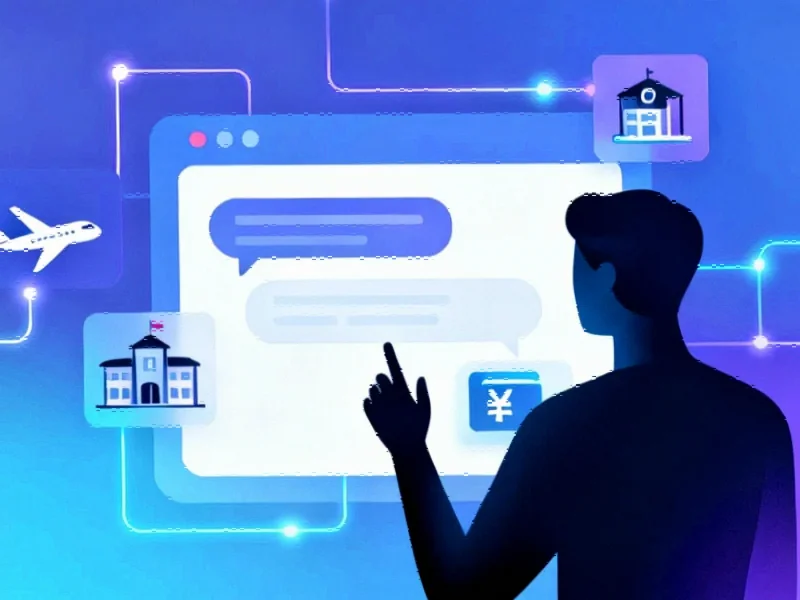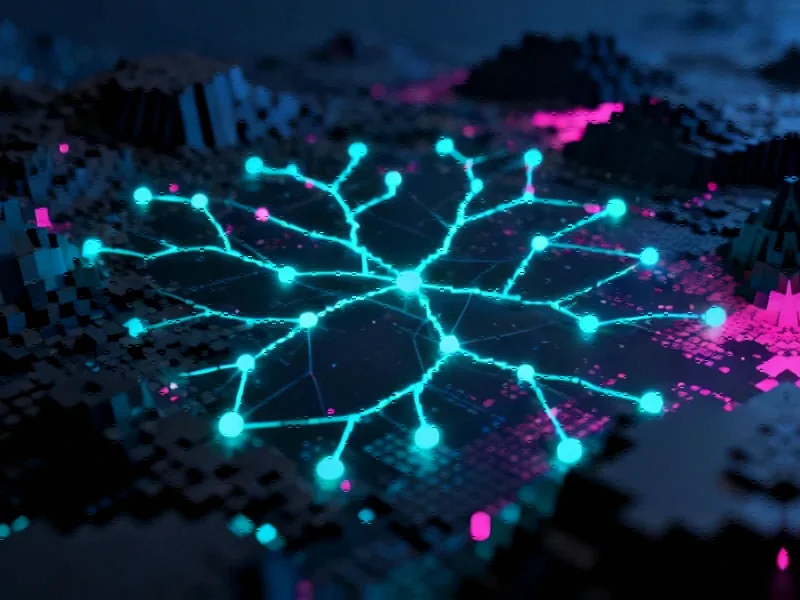According to CNET, we’re in the middle of a copyright crisis with over 30 active lawsuits against AI companies like OpenAI and Meta. The New York Times is suing OpenAI for using reporters’ stories verbatim without permission, while concept artist Karla Ortiz is leading a class-action lawsuit against Stability AI. Tech companies are pushing hard for fair use exceptions that would let them use copyrighted content without paying licensing fees, arguing that unimpeded AI innovation is a matter of national security. Meanwhile, more than 400 writers, actors and directors signed an open letter asking the government not to grant these exceptions. The US Copyright Office maintains that entirely AI-generated images and videos aren’t eligible for copyright protection, though AI-edited content might qualify with proper disclosure.
So what even is copyright?
Basically, copyright gives creators control over their original work – everything from that photo you took to the blog post you wrote. The US Copyright Office says once you create something and fix it in a tangible form, you’re automatically the owner. But here’s where it gets messy with AI. We’re dealing with two separate but connected issues: whether AI companies can use copyrighted material to train their models, and whether people can copyright stuff they create with AI tools. And honestly? Both questions are turning into legal nightmares.
Can you copyright AI creations?
This is where things get really interesting. The short answer? It depends. The US Copyright Office says fully AI-generated images and videos don’t qualify for protection. But if you’re using AI as an editing tool – like removing objects from a photo or refining audio – you might still get copyright protection if you disclose your AI use. You can actually see how people are doing this in the public records portal. Here’s the thing though: in rare cases, you can copyright entirely AI-generated work if you can prove your creative input was substantial enough. But good luck with that – the bar is incredibly high.
The training data battle
Now let’s talk about the elephant in the room: all those lawsuits. Tech companies need massive amounts of high-quality content to train their AI models, and they’ve been pretty vague about where they’re getting it. Creators like Karla Ortiz allege companies are using copyrighted material without permission, which according to the Copyright Office’s definition would be infringement. But tech companies are fighting back with the fair use argument. They’re saying using content for AI training is transformative – similar to how teachers can use copyrighted books for education. Google even argues in their policy response that fair use allows continued innovation, while OpenAI calls it a national security matter. Two courts have already sided with AI companies, ruling that using copyrighted books is “exceedingly transformative.”
What this means for creativity
We’re basically watching a philosophical battle play out in courtrooms. Do copyright laws exist to encourage human flourishing, or are they just economic policy? For decades, these two approaches were aligned, but AI has torn them apart. Creators aren’t exactly thrilled about tech companies getting what amounts to a free pass on their work – hence that open letter with 400+ signatures. The scary part? This isn’t just about legal technicalities. We’re deciding what creative work is worth in the AI age, who gets to profit from it, and whether human creation still matters. And honestly? We’re all stakeholders in this fight, whether we realize it or not.




